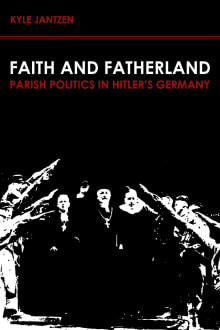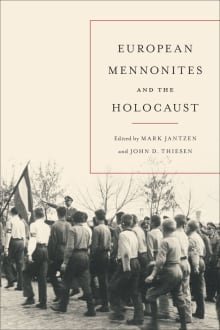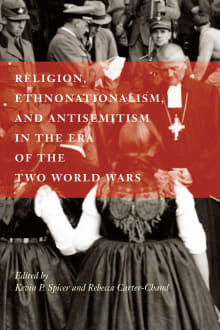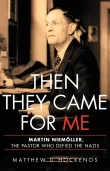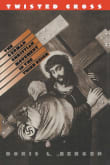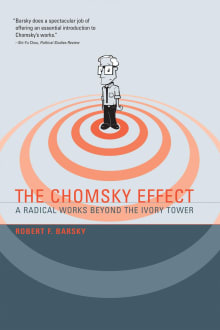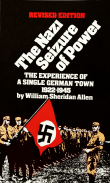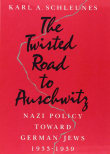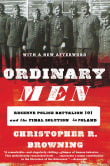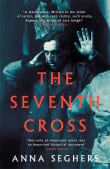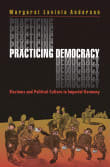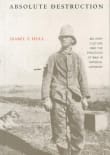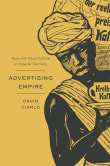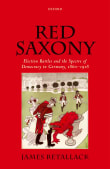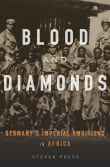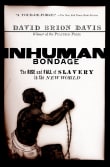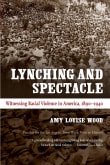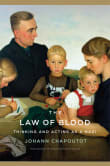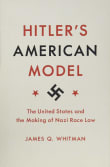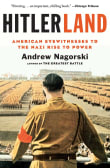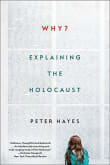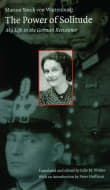
Why did I love this book?
This engaging and accessible biography cuts through the mythology surrounding Pastor Martin Niemöller and his famous but often misunderstood confession, “First they came for the Communists….” Despite spending seven years in Nazi concentration camps, Niemöller is presented not as a stalwart opponent of Nazism but as a flawed individual who underwent significant transformation only after World War II, from a nationalistic, anti-democratic, militaristic Protestant elite to an internationalist, ecumenist, and pacifist willing to reckon with Germany’s past. Understanding the well-known statement as a confession is key, for as Hockenos explains, Niemöller did not remain silent about the arrest of socialists, trade unionists, and Jews because he was timid to speak out—he was silent because, at the time, he also disapproved of them. This is a book for those who want to read about individual transformation rather than heroic leaders presented on a pedestal.
1 author picked Then They Came for Me as one of their favorite books, and they share why you should read it.
"First they came for the Communists, and I did not speak out-Because I was not a Communist..."
Few today recognize the name Martin Niemöller, though many know his famous confession. In Then They Came for Me, Matthew Hockenos traces Niemöller's evolution from a Nazi supporter to a determined opponent of Hitler, revealing him to be a more complicated figure than previously understood.
Born into a traditionalist Prussian family, Niemöller welcomed Hitler's rise to power as an opportunity for national rebirth. Yet when the regime attempted to seize control of the Protestant Church, he helped lead the opposition and was soon…




